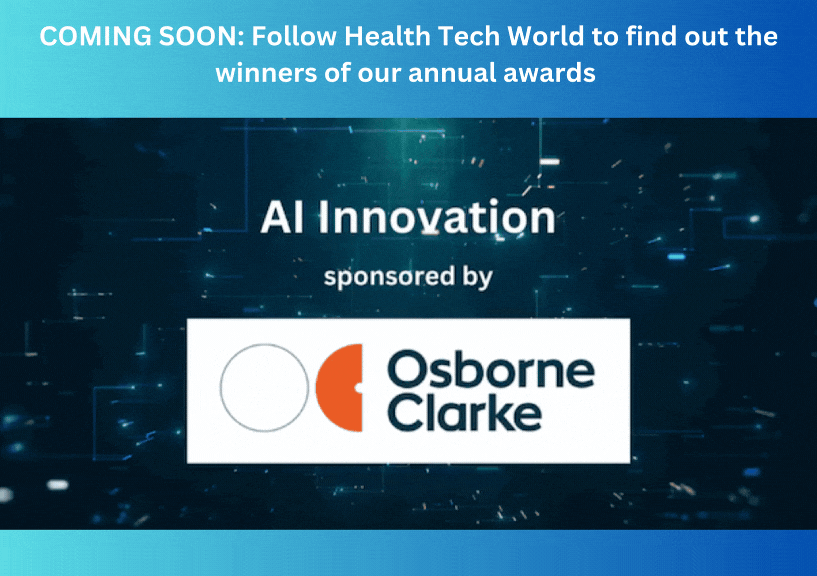
By Mika Newton, CEO of xCures
Global tariffs, particularly those focused on China, are creating unique pressures on the US healthcare system that will accelerate the adoption of AI automation to cut costs.
Here’s why:
First – US medical supply chains are intimately tied to China and it will take years to adjust those back to the US Many likely recall shortages of key medical supplies during the Covid-19 pandemic that included everything from personal protective equipment to pharmaceuticals – all manufactured in China, which experienced significant disruptions of its own due to the virus.
Approximately 30 per cent of active pharmaceutical ingredients come from China as well as many other items like blood pressure cuffs, surgical drapes, face masks, gloves, and medical gowns.
American Hospital Association President and CEO Richard Pollack sent a letter to President Trump in February encouraging him to exclude pharmaceuticals and medical devices from tariffs but so far such exemptions have not been made.
Global supply chains are complex and rapid shifts to the US are simply unrealistic. Restructuring manufacturing processes will take years, not months, and in the meantime, healthcare systems will face higher costs and limited supplies – forcing decision-makers to new efficiencies elsewhere.
Second – the AI landscape has already shifted dramatically in recent years amid improving models and capabilities.

Mika Newton
AI tools can now automate tasks such as aggregating patient records, scheduling, processing insurance claims, and supporting the diagnostic process with little to no human inputs.
The trend here is just a question of when, not if, key AI technologies saturate the healthcare landscape – and this even includes patient-facing technologies such as robots.
Third – Sustained inflationary pressures, an aging population, and an impending healthcare labour shortage will essentially force administrators to use AI to make up for shortfalls and operate within thinning margins.
These factors are compounding to create a perfect storm of sorts where administrators are left with no choice but to rely on innovation – making AI more of a necessity than simply a feature of new capabilities.
Critics may argue that tariff pressures will ease, markets will stabilise, and AI adoption will naturally slow down or plateau.
Others might suggest AI simply isn’t yet robust or reliable enough to deploy across healthcare systems.
While these concerns hold some merit, they overlook healthcare’s historical trajectory and the development of AI tools that make the implementation of tech nearly inevitable.
These critics would probably also agree with the fact that AI will eventually find its way into healthcare, and I am simply arguing the current circumstances will rapidly accelerate this process.
The fact is this – our nation’s healthcare system as a whole has been declining over the last several decades, and new tech – providing it can actually improve the system (which I believe it can) – will be the closest thing we get to a panacea.
Approximately 27 million Americans don’t have health insurance and Americans’ rating of healthcare quality recently reached a 24-year low, according to Gallup data from 2024.
Moreover, high deductibles and the anticipation of high costs have led many to skip seeking treatments altogether, especially those from lower income households.
If there was ever a time to inject fresh thinking (and tech) into healthcare, it’s now.
Administrators and others involved in the healthcare system should be mindful of new technologies but also embrace the efficiency they can drive toward providing better care and outcomes.
The future doesn’t have to be “doom and gloom” or an episode of “Black Mirror” in light of uncertainty of changing norms; things can in fact have a happy ending and AI may in fact point the broader system in the right direction, providing it’s implemented in a safe and effective manner.
We should embrace this future with what I call thoughtful optimism and remain mindful of the acceleration that is bound to happen given broader economic pressures and concurrent developments with AI.






